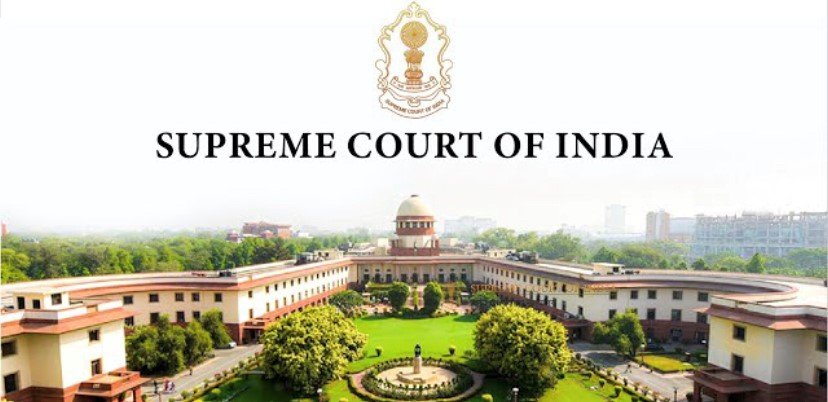The Supreme Court-appointed Justice Gita Mittal committee, set up to oversee relief and rehabilitation of the victims of ethnic violence in Manipur, Monday submitted three reports highlighting the need for reconstruction of identity documents, upgradation of compensation and appointment of domain experts to facilitate its functioning.
The top court, while taking note of the three reports, said it will pass “certain procedural directions” on August 25 to facilitate the functioning of the Justice Mittal panel and to deal with issues pertaining to administrative requisitions, funding to meet administrative and other expenses, and setting up a web portal to provide necessary publicity to the work being done by the panel.
On August 7, the bench comprising Chief Justice D Y Chandrachud and Justices J B Pardiwala and Manoj Misra had ordered setting up of the committee of three former women high court judges to oversee relief and rehabilitation of victims and compensation to them besides asking former Maharashtra police chief Dattatray Padsalgikar to monitor the probe in criminal cases. In a brief hearing, the top court said on Monday the copies of the three reports be given to all lawyers concerned and the counsel assisting Solicitor General Tushar Mehta, appearing for the Centre and the Manipur government. It also said the suggestions will be collated by lawyer Vrinda Grover in due consultation with the committee and which shall be shared with the advocate general of Manipur, preferably by 10 am on Thursday, and fixed the pleas for passing of necessary orders on August 25.
“At this moment we will say that the expert committee constituted by this court has filed three reports namely: (1) A report highlighting the fact that several residents of Manipur may have lost their essential documentations which need to be re-constructed; (2) the Manipur victims compensation scheme needs to be upgraded to bring it in conformity with the scheme propounded by NALSA (National Legal Services Authority); 3) The proposal of the committee for the appointment of domain experts to facilitate its work.”
The bench said the committee, in one of the three reports, has raised the issue of loss of ID proof including Aadhaar cards of several victims and they needed to be reconstructed. “Certain procedural directions will be required to facilitate the work of the committee including: (1) Requisite administrative requisitions, (2) Funding to meet the administrative and other expenses of the committee and (3) Necessary publicity to the work that is being done by the committee by setting up a web portal and, (4) other infrastructural requirements,” the order said. On logistical issues, the CJI said he will talk to Justice Mittal, the former Chief Justice of the Jammu and Kashmir High Court, and the Chief Justice of the Delhi High Court on providing office space to the panel.
“Otherwise, we will request the Union ministry of Home Affairs to identify a place for the panel,” the bench said, adding at the last hearing, it deliberately did not pass directions on these issues as it wanted the committee to raise the necessary points. The CJI said Justice Mittal was also dealing with another issue relating to setting up of “vulnerable witness deposition centres” across India and is currently operating from the Delhi High Court premises. The committee of three former women high court judges was authorised to submit their reports directly to the top court which is monitoring the cases related to ethnic strife.
The top court had said the committee will be headed by former Jammu and Kashmir High Court Chief Justice Mittal and include Justices (retd) Shalini P Joshi, a former judge of the Bombay High Court, and Asha Menon, an ex-judge of the Delhi High Court. The bench had said its effort was to restore people’s faith in the rule of law in the strife-torn state.
The three-member panel of former women judges was constituted days after the apex court had termed as “deeply disturbing” the video of women being paraded naked in the state. The bench had said the committee of judges will visit the relief camps and assess the living conditions there. The top court had ordered 11 FIRs to be transferred to the CBI for investigation. The bench is hearing around 10 petitions related to the spiralling violence, including those seeking court-monitored probe into cases, besides measures for relief and rehabilitation.
More than 160 people have been killed and several hundred injured since ethnic violence first broke out in the state on May 3 when a ‘Tribal Solidarity March’ was organised in the hill districts to protest against the majority Meitei community’s demand for Scheduled Tribe status.


